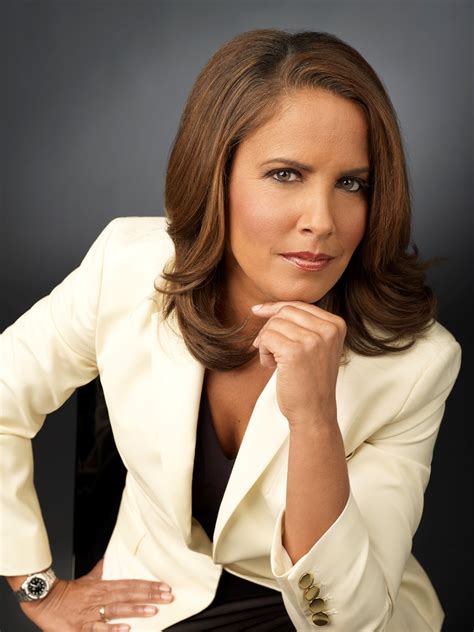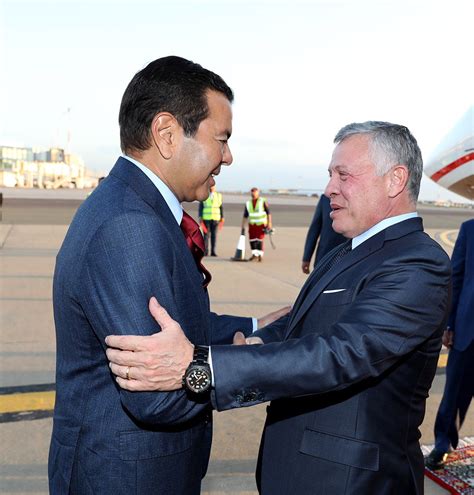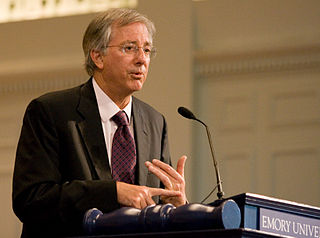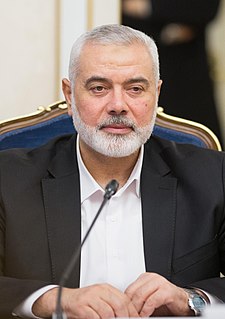A Quote by Suzanne Fields
You still can't find Israel on a map of the Middle East in a Palestinian schoolbook.
Quote Topics
Related Quotes
There are going to be a lot of questions, not just in my country, but across the Middle East. Is Israel going to continue to be "Fortress Israel"? Or, as we all hope, become accepted into the neighborhood, which I believe is the only way we can move forward in harmony. And no matter what's happening in the Middle East - the Arab Spring, et cetera, the economic challenges, high rates of unemployment - the emotional, critical issue is always the Israeli-Palestinian one.
I thanked the President [George W. Bush] for the steadfastness and resolve with which he's tackling the very complicated problems in the Middle East and Iraq, as well as the Israel-Palestinian issue.... It's critical for us in Southeast Asia that America does that.... because it affects America's standing in Asia and the world, and also the security environment in Asia because extremists, the jihadists, watch carefully what's happening in the Middle East and take heart, or lose heart, depending on what's happening.
Most Israelis have a sense, 'We just don't want to live in the Middle East anymore. We don't want it to be the Middle East. Were going to just build a wall or operate unilaterally' - not try to even use force as used to be the case to convince Arabs to accept Israel by convincing them that Israel is here to stay and then negotiating.
Israel's democracy is the bedrock on which our relationship stands. It's a shining example for people around the world who are on the frontline of the struggle for democracy in their own lands. Our relationship is also based on our common interest in a more stable and peaceful Middle East, a Middle East that will finally accord Israel the recognition and acceptance that its people have yearned for so long and have been too long denied, a Middle East that will know greater democracy for all its peoples.
The special relationship between the United States and Israel still stands. Our total committments to Israel's security and our hope for peace is still preeminent among all the other considerations that our Nation has in the Middle East ... But there need be no concern among the Israeli people nor among Jews in this country that our Nation has changed or turned away from Israel.
Unsettled Middle East, in these times where the people are trying to find their way towards democracy, could be interesting for many reasons - for weapons to be sold, for new geostrategic interests to be protected, and something that we are not talking about, which is the Israeli-Palestinian conflict. The people who are lost in the whole discussion here are the Palestinians. We have demonstrations in Palestine in West Bank. Nobody is covering this. It's as if they don't exist anymore. And this is, in fact, central. And Israel is silent.
Israel is the American watchdog in the Middle East, and that's why the Palestinians remain victims of one of the longest military occupations. They don't have oil. If they were the Saudis, they wouldn't be in the position they are now. But they have the power of being able to upset the imperial order in the Middle East.
This president's committed to taking steps to move the Middle East peace process forward, to bringing the two parties to the table to negotiate a lasting peace. That is the only way that a two-state solution can be achieved that provides the security that Israel deserves and needs and the sovereignty that the Palestinian people seek.
































